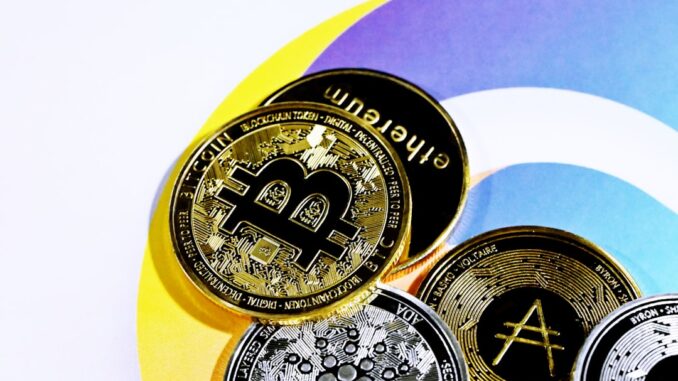
Summary
Japan is proposing to reclassify crypto assets as financial products, potentially paving the way for crypto ETFs, a lower, flat 20% tax rate, and increased investor protection. This move aims to boost the appeal of digital assets, aligning their treatment with traditional investments and fostering growth in the Web3 sector. The Financial Services Agency (FSA) is leading this initiative, reflecting a broader governmental strategy to promote Japan as an investment-led economy.
Investor Identification, Introduction, and negotiation.
** Main Story**
Okay, so, Japan’s looking to shake things up in the crypto world. Big time. They’re considering some pretty major regulatory changes that could really open the floodgates for crypto ETFs. Imagine that!
The Financial Services Agency (FSA) is thinking about reclassifying cryptocurrencies as ‘financial products’ under the Financial Instruments and Exchange Act (FIEA). Basically, it’s like saying, ‘Hey, these things aren’t just internet money anymore; they’re actual investments.’ It sounds boring, I know, but the effects could be, well, revolutionary might be a bit much, but it could lead to crypto exchange-traded funds (ETFs) launching there, which would be massive.
Tax Breaks and Peace of Mind for Investors
And, I mean, who doesn’t love a good tax break? Right now, crypto gains are taxed at a crazy high rate, up to 55%! But with this proposed change, they’re talking about a flat 20% rate, just like stocks. Honestly, that alone would probably make a ton of people jump on the crypto bandwagon. It would definitely make the prospect of diving in more enticing. Plus, bringing crypto under the FIEA’s umbrella would mean more investor protection. That’s always a good thing; nobody wants to get burned by some shady crypto scheme.
Boosting Japan’s Web3 Ambitions
This isn’t just some random idea they pulled out of a hat. This is part of Japan’s ‘New Capitalism Strategy,’ a plan to revitalize their economy with a focus on sustainable growth and innovation. Web3, green tech, and financial inclusion are all key parts of that plan. By making it easier and safer to invest in crypto, Japan hopes to attract more investment and become a major player in the Web3 space. I think that it’s a really interesting time for web3, but will it actually take off like some of the VCs are hoping for?
From Payments to Investments
Here’s the thing: right now, Japan classifies digital assets as ‘payment methods.’ Which, okay, technically they are, but that also means they get lumped in with things like game tokens and retail points. Not exactly the company crypto wants to keep, you know? This proposed change is about recognizing that crypto is more than just a way to buy stuff online, it’s a legitimate investment asset, one that people are holding onto in the hope of future riches.
Solving Problems and Encouraging Innovation
The FSA’s move is basically a way to tackle some of the biggest issues in Japan’s crypto market. The high taxes are a turn-off for many investors, and the lack of clear rules makes it easier for scams to thrive. By treating crypto like other financial products, Japan hopes to create a more transparent, stable, and trustworthy market. This, in turn, should attract more investors, both big and small, and spark innovation in the digital asset industry, maybe then more firms will stop dragging their feet.
How Big is Crypto in Japan Right Now?
Seriously, the crypto market in Japan is booming. As of January 2025, there were over 12 million active crypto accounts, holding over $34 billion worth of assets. A lot of that’s thanks to younger, tech-savvy investors who are really excited about crypto, and they don’t want to miss out, so it’s makes sense that they need some more regulations to keep this market healthy and growing.
A Careful Approach with Global Impact
Japan’s been pretty cautious when it comes to Web3 and digital assets. They’ve done their homework, which is commendable. For example, the Bank of Japan is using XRP for cross-border payments and is involved in Project Agora, which is a project about digital assets. These new reforms are part of that cautious approach, trying to strike a balance between encouraging innovation and maintaining regulatory control. What is this balance though? I wonder if we will ever truly know.
And here’s the thing: Japan’s decisions on crypto regulation could have a ripple effect around the world. Other countries will be watching closely to see how it plays out. Japan’s taking a proactive stance, which could make them a leader in the global digital asset space. Honestly, I think that if it wasn’t Japan, it would be Singapore, or the UAE.
So, what do you think? Could this be the start of a crypto revolution in Japan? I’m cautiously optimistic. We’ll have to wait and see how it all unfolds, but it’s definitely something to keep an eye on.


Be the first to comment